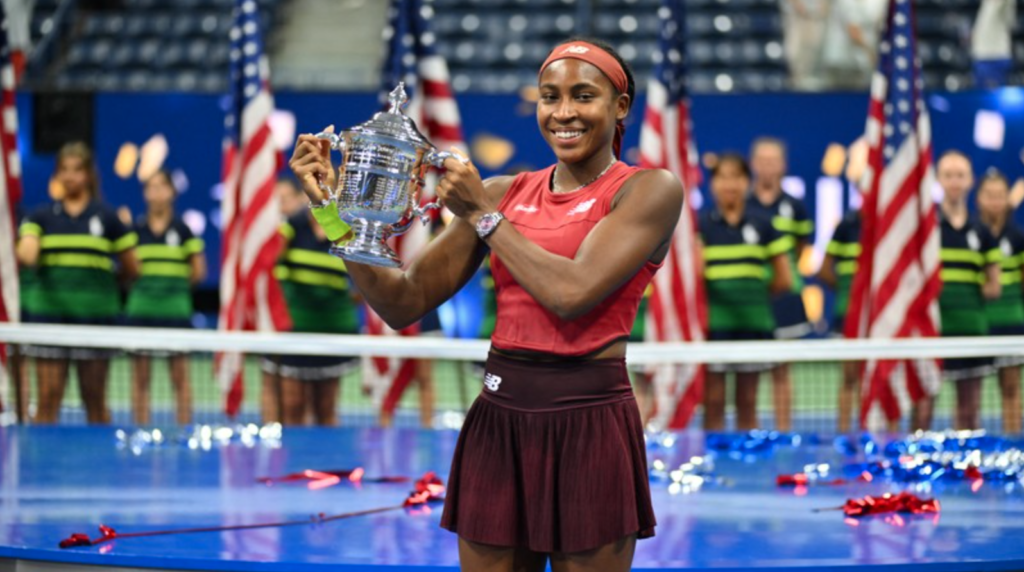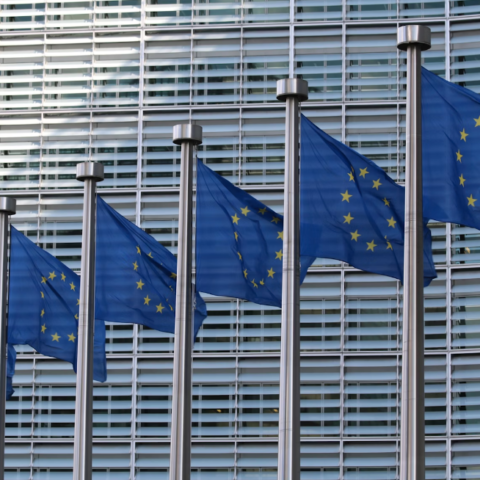By Milan Yadav

Tennis holds a deeper narrative beyond the court. It intertwines with the intricate fabric of international politics, serving as a mirror to social dynamics and diplomatic relations across the globe. From historic matches that shattered racial barriers to tournaments serving as platforms for activism, tennis embodies a rich tapestry of diplomatic ties, cultural exchanges, and social shifts.
Breaking Barriers
One of the most poignant examples of tennis’s influence on international politics is witnessed in the historic victory of Althea Gibson at Wimbledon in 1959. As the first African American to win a Grand Slam title, Gibson’s triumph signified a breakthrough for racial equality not only in the United States but on a global scale. Her victory challenged entrenched racial prejudices and reshaped diplomatic perceptions of the United States abroad. Gibson’s achievement served as a diplomatic tool, fostering goodwill and admiration for American ideals of equality and opportunity. Her achievements came at a time when the Civil Rights Movement was gaining momentum in the United States, and her success on the tennis court symbolized progress toward racial equality and inspired many African Americans to pursue their dreams despite facing systemic racism and discrimination.
In the early 1970s, amid the Cold War and strained relations between the two countries, the exchange of table tennis players between the United States and China marked a significant turning point. This “ping-pong diplomacy” helped to ease tensions and open channels of communication between the two nations. For the Chinese players, hosting American athletes represented a significant departure from the isolationist policies of the time. They were curious about American culture and eager to interact with their counterparts from the United States. Similarly, American players were fascinated by their visit to China, finding themselves immersed in a culture vastly different from their own.
The players’ interactions both on and off the table sparked curiosity and mutual respect, and ultimately led to high-level diplomatic talks. President Richard Nixon made a historic visit to China in 1972, which marked the beginning of a thaw in relations between the two superpowers. Through the simple act of playing a sport, table tennis demonstrated the power of sports in breaking down barriers and fostering understanding between ideological adversaries.
Unity
Beyond its diplomatic implications, tennis has also served as a powerful platform for activism and unity. Arthur Ashe, a trailblazer both on and off the court, epitomized the intersection between sports and social change. As the first black male to win a Grand Slam singles title, Ashe used his platform to advocate for civil rights and social justice. His activism extended beyond the confines of the tennis court, as he campaigned against apartheid in South Africa and racial injustice in the United States. He also founded a foundation in his name that has been a leader in AIDS education and awareness. On top of this, he funded many organizations that aimed at helping poorer communities by exposing them to tennis, especially the younger populous. Ashe’s courageous stance against systemic oppression resonated globally, inspiring a new generation of athletes to use their voices for social change, such as Serena Williams, Coco Gauff, Frances Tiafoe, and Ben Shelton.
Tennis, like other major sports, has a world competition known as the Davis Cup, where the best players from 150+ countries compete together. Many players boycotted the Davis Cup in 1978 in protest against the International Tennis Federation’s decision to hold the finals in South Africa. At that time, South Africa was under apartheid, a system of racial infamous segregation and discrimination. Many players and countries viewed participating in South Africa as endorsing apartheid, which went against the principles of equality and basic morality. The boycotts sent a powerful message of condemnation and sparked international dialogue.
In 1973, the famous “Battle of the Sexes” match between Billie Jean King and Bobby Riggs captivated the world. Beyond its significance as a highly anticipated tennis match, it represented a pivotal moment in the fight for gender equality. King’s victory over Riggs, watched by over 50 million people, not only shattered stereotypes about women’s athleticism but also ignited conversations about gender roles and expectations. The match garnered widespread international attention and catalyzed the women’s rights movement, challenging patriarchal norms.
Away from smashing serves and hitting groundstrokes, tennis icons serve as cultural ambassadors and symbols of national identity, wielding significant soft power on the international stage. Players like Rafael Nadal, Serena Williams, and Novak Djokovic are revered not only for their athletic achievements but also for their influence in shaping perceptions of their respective countries. Their success on the tennis court enhances the global reputation and soft power of their nations, fostering positive diplomatic relations and cultural exchange.
Through players’ performances and philanthropic endeavors, tennis stars contribute to diplomacy and global cooperation, reinforcing the idea that sports can be a powerful tool for promoting peace, understanding, and goodwill among nations. By understanding the interplay between tennis and international politics, we gain insight into the transformative power of sports in fostering understanding, cooperation, and unity across nations.

